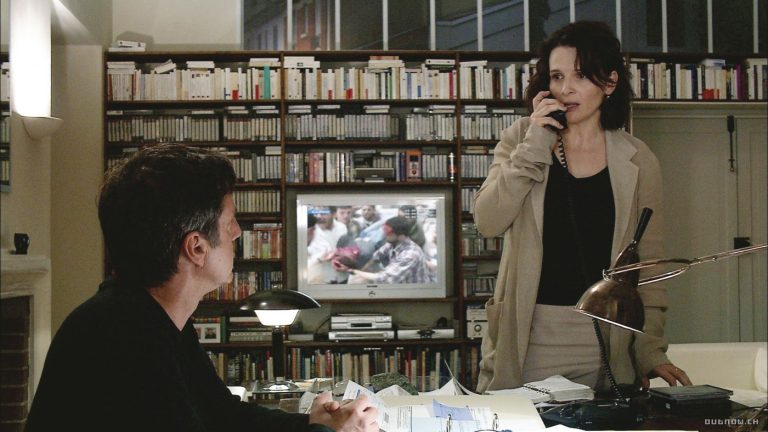I can’t recall when I first began listening to Zubeen Garg. His voice feels like it has always been there, woven into the background of my growing up. Listening to him wasn’t a conscious act—it was more like a process, the way growing older itself is a process. And we rarely remember the process; what we remember are the moments that mark a shift. Yet through all those shifts, Zubeen Garg never seemed to change.
With long, dense curls reaching his shoulders, dark shades, and an open-buttoned shirt or a round neck tee, the pictures of Garg on his old album covers reflected not only an indie-pop outlook but also the attitude and aura behind the style. His style carried a certain ease, yet it was deliberate, an extension of his personality. It evolved over time, becoming more distinctly Zubeen, yet it never really changed—just like his approach to life.
A singer, songwriter, composer, music director, poet, actor, and filmmaker, Zubeen Garg was a sensation like no other. Popularly known as the heartthrob of Assam, Garg rose to fame in the early and mid-nineties with his albums Chandni Raat, Anamika, and Maya, just to name a few. Since then, he has worked across industries with a career that spans a variety of languages and thousands of songs. Known across Indians as the terrific voice behind songs like Ya Ali (“Gangster”), Jaane Kya (“Pyaar Ke Side Effects”), Subah Subah (“I See You”), Dilruba (“Namastey London”), and Jag Lal Lal Lal (“Big Brother”) among others, Zubeen sang not only in Assamese but also in Hindi, Bengali, Nepali and other regional languages.
Zubeen Garg possessed a voice of versatility that effortlessly flowed through every kind of song that he lent his voice to. There is a unique sense of energy and also a lament in everything that he sang, no matter how distant the theme was. His romantic songs were also elegiac, be it Joli Joli Sai Hua or Mayabini, which has now become a goodbye anthem. His passing has given this lament meaning and helps his creations achieve their true completeness. Yet in this completeness, we now find ourselves incomplete. Zubeen Garg defined what it meant to be cool for the ‘90s kids like us who looked for inspiration. A rebel in his spirit, he didn’t like being caged by any structure or any system of thought and expressed his ideas clearly through songs like Ami Jen Jantra or Diya Ghurai Diya.
Essential Watch: Remembrance of Things Past: 15 Great Films About Memory
But most essentially, his songs represented the aspirations of the millennials, whether it was the angst against the prevailing order, or the emotions of everyday life – like hope, love, heartbreak, or grief, or anything in between. His songs provided us with every emotion we didn’t know we needed to feel. Be it as a companion, or as an elder brother, or as a friend, his voice filled a gap in our lives that existed only to be filled by him, first in the audio cassette era, and later in the CD era.
We found our love in I Love You, heartbreak in Bisora Morom, loneliness in Monor Nijanot, and freedom in Pakhi Pakhi Aei Mon. And these are just a few of his most popular songs; the actual list is endless. We imagined ourselves and often drew our own world for his songs because humming his songs felt like becoming him. And since then, the world around us has turned, shifted, and changed several times, but Zubeen Garg’s voice was always a constant. In a way, his recorded voice defined our generation and raised us like a surrogate guardian. Beyond every and any denial, we all carried a bit of Zubeen Garg within us — as an idea, as a feeling, or as an emotion.
Zubeen Garg passed away on Friday, September 19, 2025, at the age of 52 after a freak accident in Singapore. It was not easy to accept the news, for I couldn’t feel sad. It definitely came as a shock, but the absence of sadness meant something deeper. Then I realized, as much as Zubeen existed in our reality, he also lived in our imagination. It is actually true for all singers, who are often faceless. Sometimes their voice comes through the radio or the cassette player, and at other times as the playback voice of film stars. And that’s what singers are. They can exist even when they don’t. And that’s why it still feels like Zubeen Garg is all well and alive… somewhere.
Moreover, as a socially conscious figure, Zubeen Garg was always there—active, visible, present, unmistakably alive. Through nearly four prime decades, not once did he slip into irrelevance for Assam. So how can someone so alive ever be truly gone? From our childhood to adulthood, through adolescence and the teenage years, in each phase, Zubeen Garg has meant and represented different things to us, while remaining the same person throughout. From romance and passion to identity and rebellion, he covered a wide range with his art and activism. Somehow, in some corner of our lives, we were all his fans—often without even realizing it. Zubeen Garg’s voice was never just about giving shape to emotions; it carried something larger. It entertained us, yes, but it also healed us, binding an entire generation through sound and feeling.
While You’re Here: Bresson and the agony of innocence: 3 Tragic Films from the Master of Minimalism
A heartbroken person can better elaborate on how Mon Jai can go on for ten minutes straight and still feel like it’s not enough. Take Garg’s rendition of Ramo Ramo from Strings – Bound by Faith as an example. There’s a spiritual purity in his devotional songs as well because he sang from the soul. Meanwhile, his slow and sad songs comforted a pain that sometimes didn’t even exist.
Over the years, my connection to his voice faded, and I can’t call myself the biggest fan of his recent work, especially his filmmaking. Yet even a small cameo in a forgettable film still carried weight, because his presence itself evoked nostalgia—and now that nostalgia feels bittersweet. I remember when Zubeen sang Ya Ali in 2006 and topped the Bollywood charts; it felt like a personal victory, as if his success was ours too, because his voice had always been part of our lives. Today, it’s personal once again, but this time the feeling is loss.
In such a situation of loss, no one can deny the most formative influences in their lives. Influences we don’t even fully recognize until they’re gone. So, this piece is an acknowledgement of such an influence. This is a piece that could never have been written while Zubeen Garg was alive; it exists only now, shaped by his absence. And yet, even in writing, he resists definition—for Zubeen was both truth and myth. If he was hard to grasp in his presence, he is even harder to fathom in his absence.
Zubeen Garg gave us selflessly, but we never thought of him as deeply as his absence has now made us feel. He spoke his mind and lived his wishes. His actions invited both praise and criticism, but he never stopped mattering. The only difference now is this: once Zubeen Garg lived among us, and now he lives within us. What unsettles me most is the thought of memory reshaping him—of time sanding down his rough edges. That must not happen. Zubeen Garg should be remembered for who he truly was, not only for the songs or the ideals he carried, but also for the flaws that made him unmistakably human. He was always a man of unpredictability, and he remained so until his final breath.

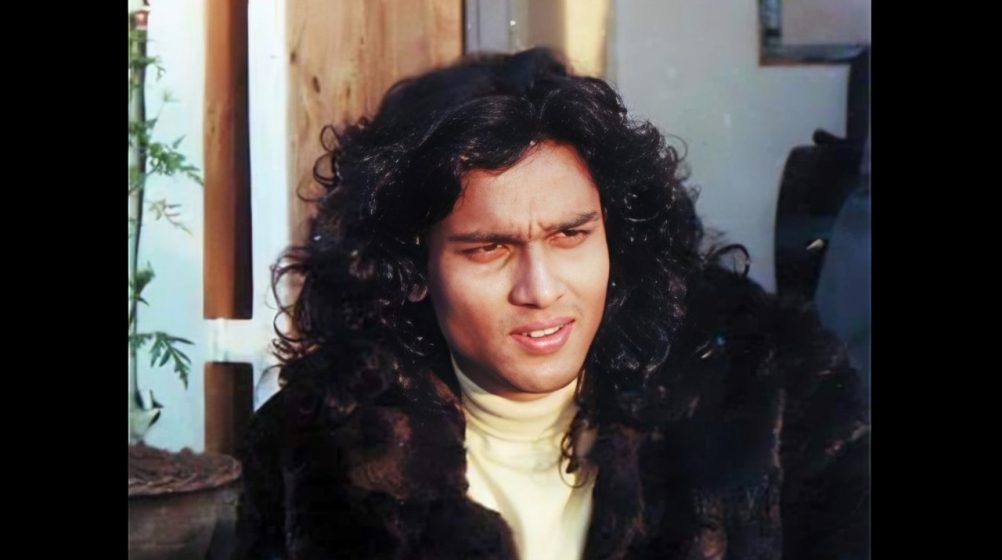

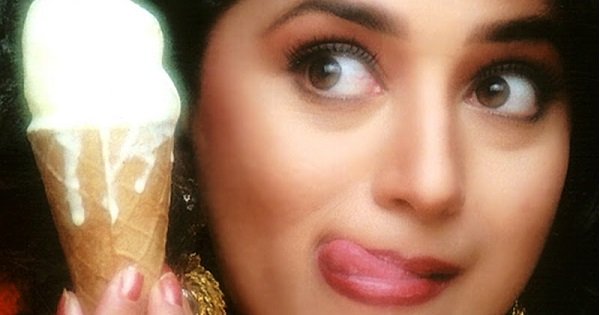
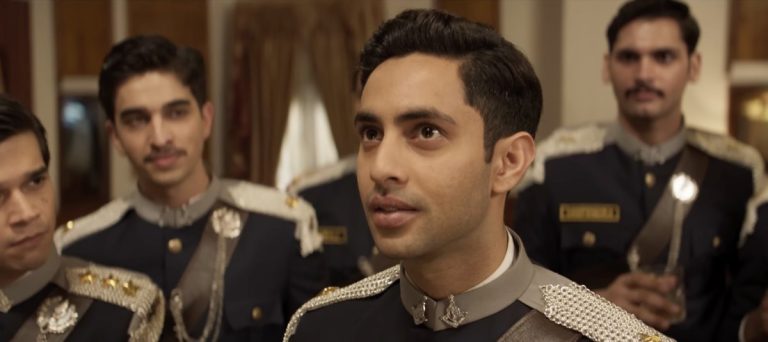
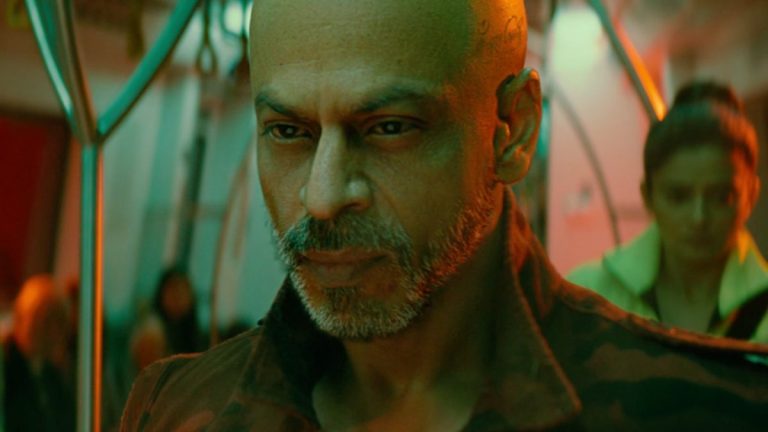
![Amadeus [1984]: For the Artist in You](https://79468c92.delivery.rocketcdn.me/wp-content/uploads/2017/06/Amadeus-3-768x494.jpg)
